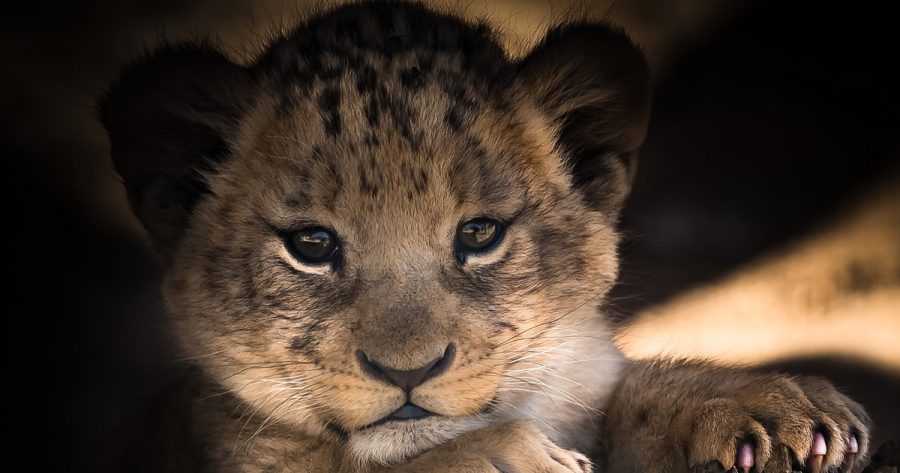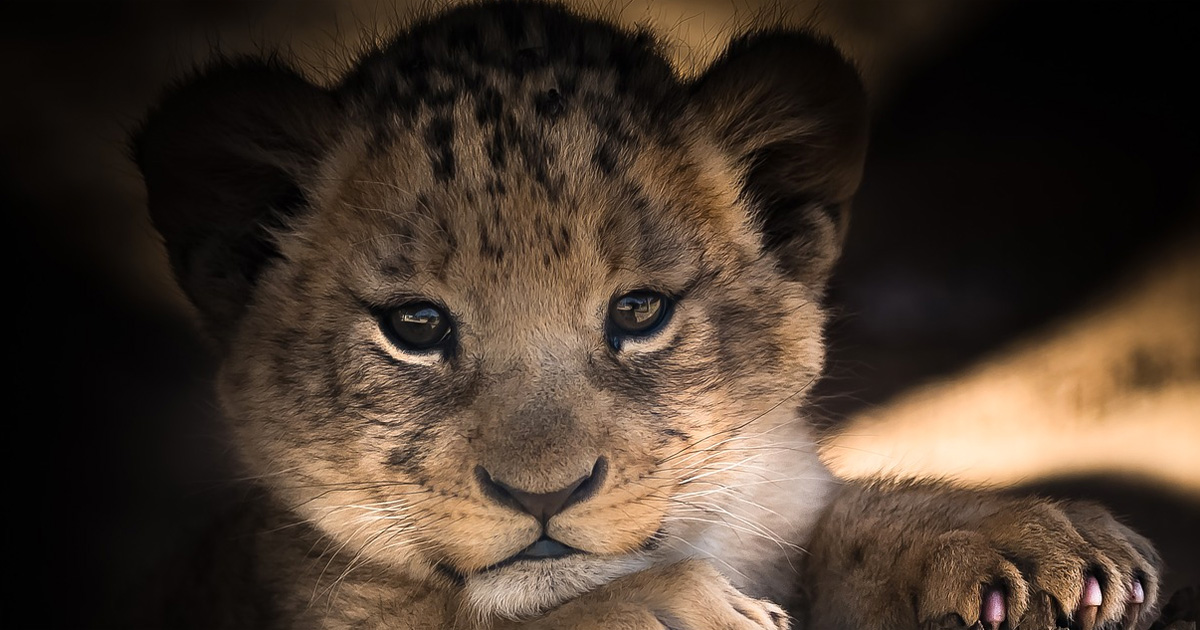
China’s Ban on Wildlife Consumption Should Include Lion Bones, Says South African Group
South Africa’s Blood Lions documentary makers have welcomed China’s announcement of an unprecedented ban on the consumption of wild animals as food… but point out it should be permanent, and not only applicable when the world’s focus is on the threat of the new coronavirus. And it should definitely include lion bones which carry the […]

South Africa’s Blood Lions documentary makers have welcomed China’s announcement of an unprecedented ban on the consumption of wild animals as food… but point out it should be permanent, and not only applicable when the world’s focus is on the threat of the new coronavirus. And it should definitely include lion bones which carry the threat of contracting Bovine TB.

Last week, the Chinese authorities announced tougher new measures around wildlife trade, including the proposed immediate ban on consumption.
This follows the outbreak of the coronavirus in China in December 2019… where it was linked to a live animal market in Wuhan City, where both domestic and wild animals are sold.
As of Wednesday 26 February, WHO statistics show the novel coronavirus (2019-nCoV) has infected more than 81,901 people globally and killed at least 2,761.
In early February, the Chinese government issued a temporary ban on all trade in wild animals until the end of the “national epidemic”, which led to urgent calls for it to be made permanent.
Last week, the Chinese authorities finally announced tougher new measures, including an unprecedented ban on the consumption of wild animals as food.
Blood Lions says it welcomes the proposed ban, but that it should be more permanent.
“The Born Free Foundation echoed our sentiment in a letter to the Director General of the World Health Organisation, the Executive Director of the United Nations Environment Programme and the Director General of the Office International Epizoologie, undersigned by 236 organisations and individuals, including Blood Lions.
“They urged these three organisations to strongly encourage governments across the world to introduce and enforce legislation to close wildlife markets, particularly those at which trade in live animals is commonplace, and to introduce mechanisms designed to significantly and demonstrably reduce demand for live wild animals and products derived from them,” Blood Lions said in a statement.
Although the Chinese proposed ban is a step in the right direction, Blood Lions says the Standing Committee to the 13th National People’s Congress is still defining “special circumstances under which wild animals may be used for purposes other than consumption as food, such as for scientific research, medical use, and display”.
Lion bones for Traditional Chinese Medicine could be made exempt
This could mean that the use of lion bones for Traditional Chinese Medicine be made exempt from the wildlife consumption ban.
“Blood Lions is extremely worried about this potential exclusion on the proposed wildlife consumption ban and urges the Chinese government to rethink their position, as there is a real and substantial risk of zoonosis in the lion bone trade.
“Bovine Tuberculosis (TB) is prevalent in wild and captive lions and risk of zoonosis in the lion bone trade is real. Not only for people in South East Asia directly involved in the consumption of lion bones products, but also for workers at the breeding farms in South Africa.
“The risk of contracting Bovine TB by, for example, South African lion abattoir workers is very real” – Blood Lions.
“The risk of contracting Bovine TB by, for example, South African lion abattoir workers is very real,” says Blood Lions.
Linda Park (director Voice4Lions) says “we have been talking about the risks of TB in lion bones for a couple of years. The advent of the coronavirus epidemic, which stems from the wildlife markets in China, makes this even more important. Consumers of lion bones open themselves up to a drug-resistant form of TB, which is then spread from human to human.”
Park continues: “The thought of drug-resistant TB spreading globally is quite terrifying and not to mention the other health risks in lion bones.
“We are indeed surprised that the consumption of lion bones has not been banned by the Chinese government, especially considering consumers are favouring bones with flesh left on them, which pose an even greater threat.”
Blood Lions, which campaigns for an end to the ‘canned lion’ industry in South Africa, says the new coronavirus is not the first time that infectious diseases have been linked to animals in recent years. Others have included the Ebola virus disease, Severe Acute Respiratory Syndrome (SARS), H7N9 Bird Flu, and Middle East Respiratory Syndrome.
